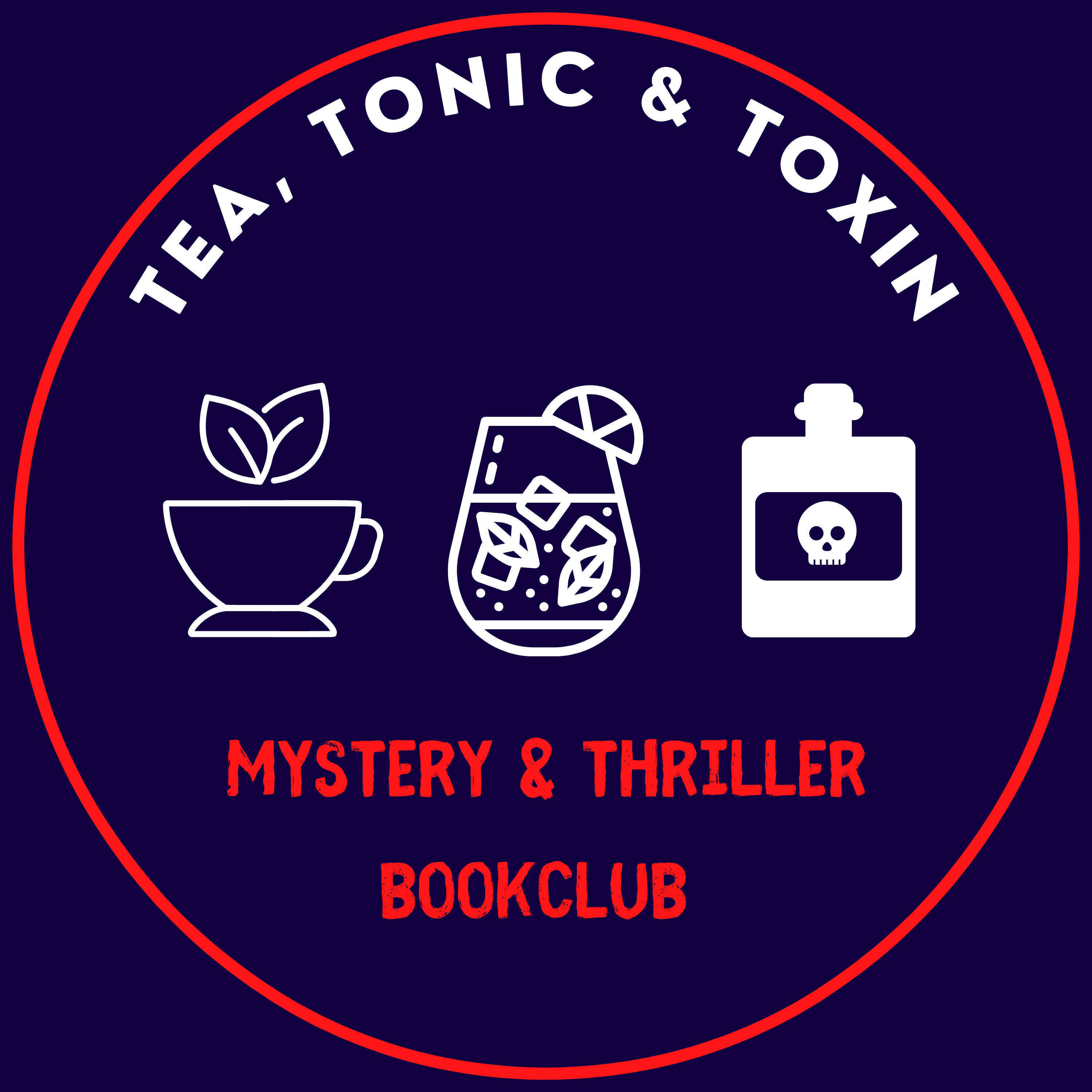The Moonstone, Part 2
This masterpiece includes a stolen Indian gem with a bloody past, plot twists, red herrings, a small circle of suspects, and a couple amazing detectives. It’s a serious page-turner. T. S. Eliot described The Moonstone as the “first … and greatest of modern English detective novels.” The story includes several features of contemporary detective fiction and helped establish many of the genre’s conventions.<br/><br/><br/>Betteredge references the promise of youth in his narrative. Franklin had promised to be tall, but he didn’t keep that promise. Penelope had promised to be beautiful, and she did keep that promise. What did your parents consider your “promise” as a child, and did you keep it? What sort of expectations do we place on children? Is it fair? Can we help it?2. The narrators often refer to themselves as superior to reason. Betteredge is superior to reason because he knows and loves the family he works for. Miss Clack is superior to reason because she believes her religion is on her side. Are these claims ridiculous, or do they have some merit?3. Miss Clack is clearly in love with Godfrey, though she disguises it with admiration for his Christian virtues. When have you deceived yourself over your true motivations?4. Let’s talk about the characters’ morality and motivations. Miss Clack is painted in a rather absurd light in the way she speaks about her genteel family members. She tries to get them to read tracts and books and participate in her bizarre charities. And she often seems misguided. And yet she has her points. <br/>5. Her family does seem lazy and absurd, at least to the average working class Londoner. Why aren’t they concerned with helping others?<br/><br/>6. The only one who participates in charitable efforts is Godfrey, and he’s seen as a bit of a shammy ladies man. Is he?<br/><br/>7. And then there’s the doctor’s ridiculous recommendations not to exert oneself and only think of frivolous things. I agree with Miss Clack on the absurdity of that prescription. Did he only recommend such things to women? What should one think about as one nears the close of life?<br/><br/>8. Was Wilkie Collins intending to merely portray Miss Clack as a hypocrite, or did he agree with her on some points? Does Collins seems to lack Dickens’ biting sarcasm over neglect of the poor?<br/>9. When Godfrey proposes to Rachel, he asks her, “Do you know many wives … who respect and admire their husbands? And yet they and their husbands get on very well. How many brides go to the altar with hearts that would bear inspection by the men who take them there? And yet it doesn’t end unhappily — somehow or other the nuptial establishment jogs on. The truth is, that women try marriage as a Refuge, far more numerously than they are willing to admit; and, what is more, they find that marriage has justified their confidence in it.” Whoa. Thoughts?10. Gabriel Betteredge has what he calls “detective-fever,” where the “horrid mystery hanging over us in this house gets into my head like liquor, and makes me wild.” Characters like Rosanna behave as though subconsciously intoxicated by outside forces. What are your thoughts about “detective-fever”?11. It’s implied at the beginning that the original perpetrator, John Herncastle, probably killed several Indians and stole their sacred moonstone, contrary to a direct command, under threat of death. No one could definitely prove it until he died and the moonstone came out of hiding to be bequeathed to Rachel. Then comes so much indecision, and plotting, and hiding, and suspecting the Indians of trying to get it back. At what point did it become British property? It was stolen, and the theft came to light when the thief died. Why wasn’t it returned to the Indians? Is this a representative example of historical looting?<br/><br/><br/><br/><br/>

